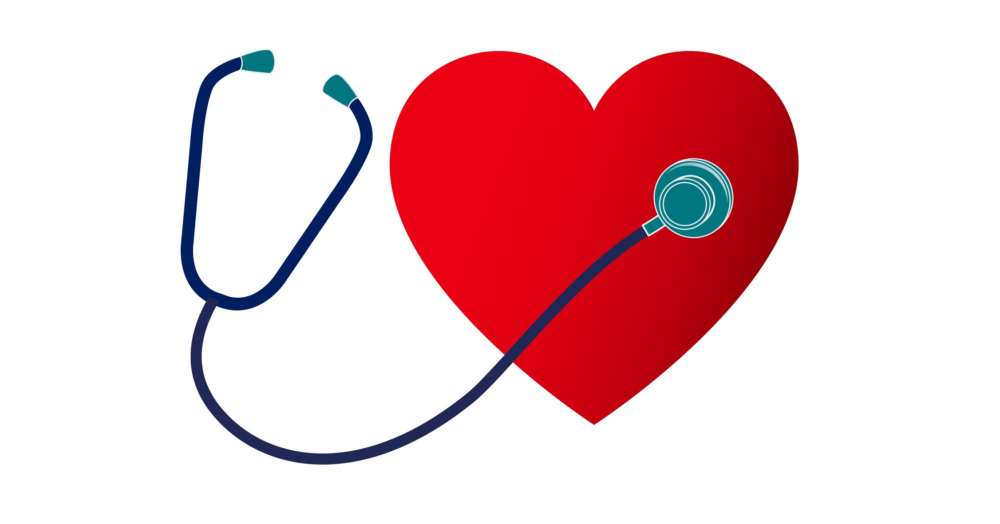Hyderabad: Dr. Bharat Purohit, Senior Cardiologist at Maxcure Hospitals, said that the main reasons for diseases related to heart include obesity, high blood pressure, diabetes, alcohol, smoking, bad dietary habits, stress, depression, and insomnia. “Surprisingly, it is noted that anyone among the ailments I have listed leads to the other ones,” he said.
Speaking to siasat.com Dr. Purohit says though there are drugs and diets available to treat heart-related problems but there is nothing to beat the benefits of regular exercise. Regular exercise has various health benefits but few doctors talk about. They are rarely mentioned in the doctor’s prescription. “Working out 30 minutes a day, at least five days a week at a moderate intensity can do wonders,” he said.
The doctor recommended that one should keep a regular check on one’s key heart numbers such as blood pressure levels, cholesterol levels, weight, and waist size. He also strongly recommended staying away from smoking.
There is increasing evidence suggesting that sleep deprivation can be a risk factor for heart disease. A good 7 to 8 hours of sound sleep is advisable to ensure a healthy heart and a good energetic day, he added.
September 29 is observed as World Heart Day, which is an initiative by the World Heart Federation (WHF) to spread public awareness about heart disease and encourage a heart-healthy. The idea of observing Sept 29th as a World Heat Day was conceived in 2000 by WHF.
According to the World Health Organisation (WHO) research report, over 17.9 million people die of heart diseases every year, accounting for over 31 per cent of global deaths. One-third of these deaths are premature (below 70 years).
According to a study published in the Journal of the American Heart Association and Harvard Medical School, a woman is three times more likely to die of Cardio Vascular Diseases (CVD) or heart attack as compared to men. Approximately seven times more women may die from heart disease than breast cancer.
Medical experts said women are protected against heart disease to a significant extent by the estrogen hormone. This, however, is only true up until till menopause strikes. Their risk becomes fairly equal to that of men 4-5 years after menopause. The women in the post-menopausal period need to watch their lipid profiles, high levels of LDL (bad cholesterol), and low levels of HDL (good cholesterol) which can make them prone to heart disease later in life. Since estrogen protects the heart prior to menopause, women tend to suffer heart attacks 10 to 15 years later than men. Low levels of estrogen after menopause pose a significant risk factor for developing cardiovascular disease in the smaller blood vessels.
There are also factors of broken heart syndrome often brought on by stressful situations that can cause severe, but usually temporary, heart muscle failure — occurs more commonly in women after menopause.
High blood pressure or diabetes during pregnancy can increase women’s long-term risk of high blood pressure and diabetes and increase the risk of development of heart disease in the mothers.
Authored by Mohammed Hussain and Roshan Bint Raheem
mohammedhussain.reporter@gmail.com
Twitter: @writetohussain

